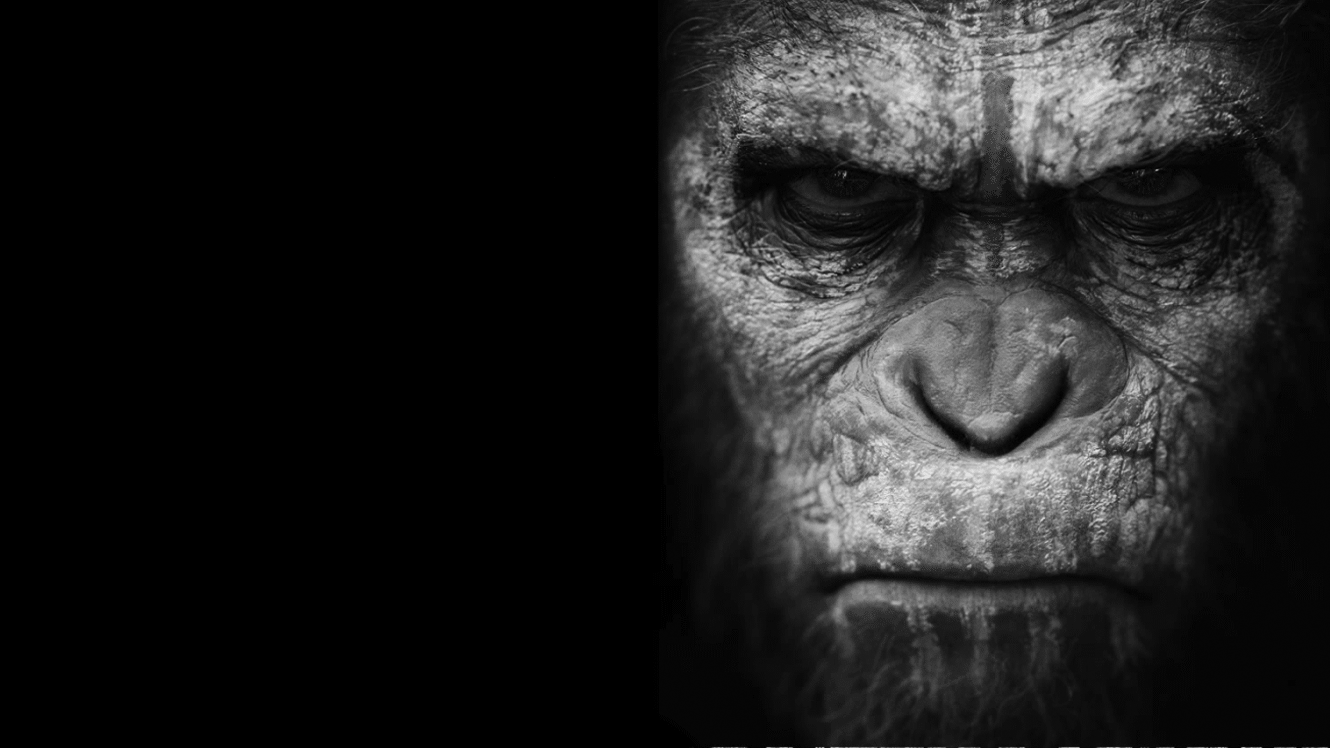By Jeremy Hannaford (Contributor) – Email
Print Edition: July 16, 2014
Reactions were mixed when director Rupert Wyatt brought us Rise of the Planet of the Apes in 2011. While some believed that a failed reboot (Tim Burton’s 2001 film) was enough, 20th Century Fox wanted to give it one more go. For the most part, it worked. With a good script from Rick Jaffa and Amanda Silver, Rise of the Planet of the Apes brought a new and creative take on the apes who, while still primitive, possessed higher brain function and character development than any of the human characters. That was the only thing needing correction in the sequel, and they only got halfway there.
After images and audio messages superimposed to a revolving Earth explain how a virus encompassed the globe, the Dawn of the Planet of the Apes shows the community that Caesar, the leader of the apes, has created.
Andy Serkis has truly become the primate-animal-man of Hollywood. His character is still the strongest by far, but there are others with unique characteristics. Rick Raffa and Amanda Silver deliver a script that takes the narrative down surprising paths just when a predictable outcome appears to loom its head. The major turnaround is the growing aggression between the humans and apes. While there are some stereotypical characters, they are only minor and serve the necessary purpose of contriving conflict.
Jason Clarke delivers a decent performance as Malcolm, the man who builds a foundation of trust with Caesar. For an actor who has spent most of his time as a secondary character, he takes a role closer to lead with an emotional resolve that had been absent from previous outings. But despite his attempts, he still ultimately becomes a secondary character by the time the film comes to a close. This, in turn, weakens the viewer’s emotional resonance with the humans.
Renowned actor Gary Oldman is given such a small amount of screen time that we only get peeks into his character when there is obviously so much more that needs to be shown. In the end, he turns out to be the guy who hates apes simply because he isn’t given enough time to reveal anything else.
The humans take a back-seat to a narrative once again controlled by the apes. This isn’t necessarily a bad thing. This is in fact what this series has built itself on. We get so much more from the apes because of their simplicity. Their primitive nature lets us discern so much more than we can from the humans. When the film tries to observe humans with the same style, it only half works and leaves questions unanswered. A stronger connection to the human characters would have made the final climax more morally complicated.
But this is brought on because of choices in the editing room. The film tends to drag in certain areas, but it still keeps the story constant. Had there been more human development, the film would have ultimately damaged itself with an inflated runtime.
For those who wanted more drama from the apes, this film is full of it. Crumbling hierarchy, disobedience, and betrayal run amok in Caesar’s community. Andy Serkis delivers an even deeper look into the primate than ever as he struggles to connect with his tribesmen in the face of rising tension with the humans. His performance is incredible to watch as he attempts to rebuild a trust he once had with his adopted father (James Franco) from the previous film. But not all of the apes are of the same mind. One of Caesar’s loyal apes, Koba, is opposite Gary Oldman as the aggressor in this film. Having lived a life of pain and confinement, he seeks the means to exact his revenge for what was done to him. Similar to Magneto’s story of loss and vengeance in X-Men, Koba follows a path that ultimately leads to darkness.
Throughout all of this, director Matt Reeves keeps everything in the camera’s focus with fantastic cinematography and excellent action sequences. There is one panoramic shot atop a mobile tank during the ape’s siege of the human settlement that is completely awe-inspiring. So much is happening in this one shot, and it is both terrifying and amazing to behold. Matt Reeves can still astound audiences by altering the tricks he used in Cloverfield to create such sequences. While his work in Cloverfield may the staple of his career, Dawn is by far the best work he has ever done.
Dawn of the Planet of the Apes delves into social divides on both sides, though the apes come away with a much more powerful delivery than that of the humans. It’s not just because of the amazing effects or Andy Serkis’ performance, but of the collective performance. The apes deliver multiple sides to a story mainly through sign language and body emotion. And while the ending is morally grey, you will find you are still cheering for the apes once all is said and done.



